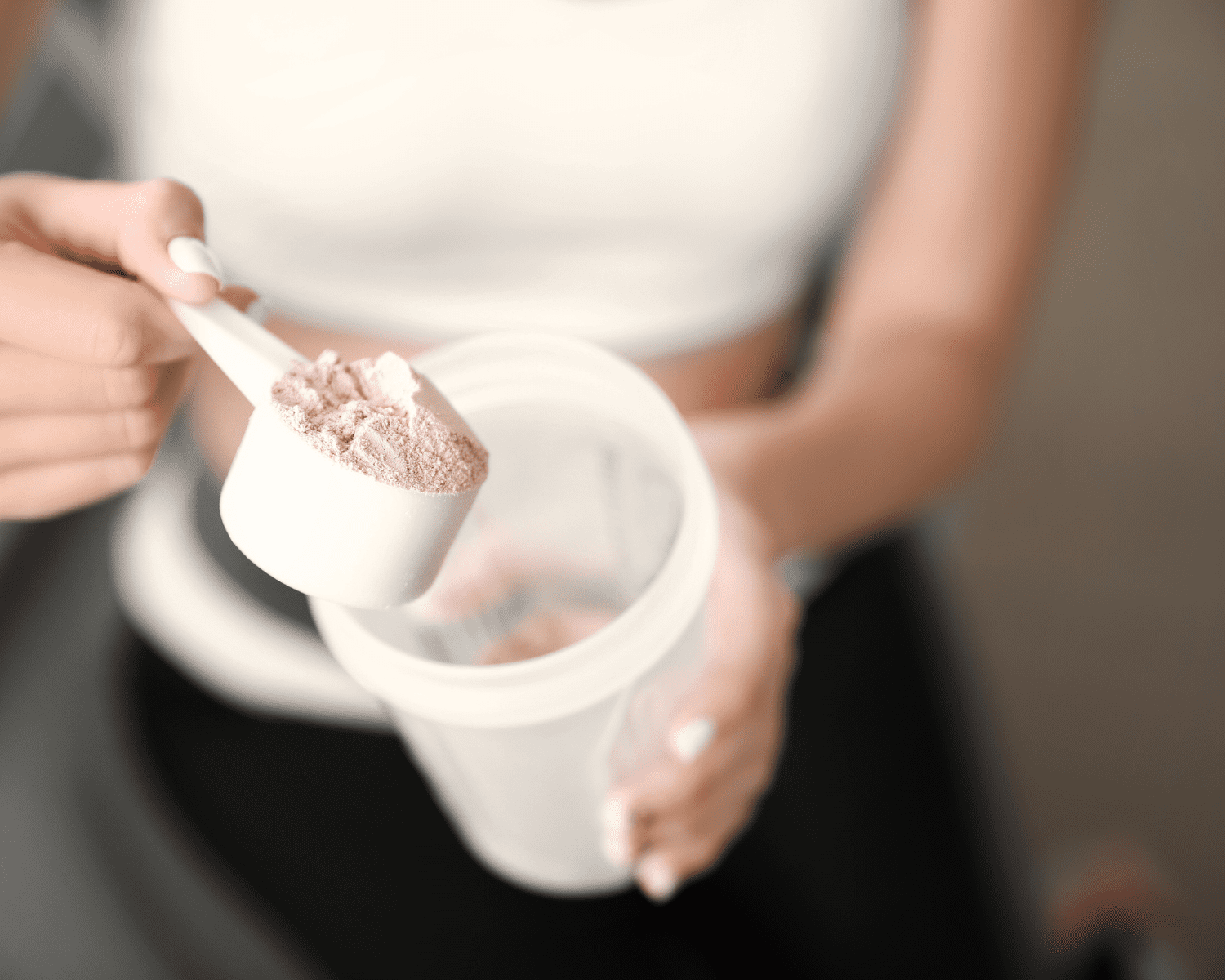There’s one thing most women aren’t eating enough of and it could be making a huge difference in your fertility.
It’s not a supplement.
It’s not a superfood.
It’s protein.
And trust me, you’re not alone.
In clinic, I see the same pattern again and again:
Breakfast is often coffee and toast with avo.
Lunch is a salad or sandwich – maybe with a little chicken thrown in.
Are these “healthy”? Yes.
But are they giving your body the building blocks it needs to grow a baby? Often, no.
Protein does more than fuel your workouts.
It plays a critical role in:
- Hormone production
- Egg (and sperm) quality
- Tissue repair and growth
- DNA replication
- Supporting every cell in your body during early development
- Delivering key fertility nutrients like iron, zinc, and B12
In short, protein lays the foundation for conception and a healthy pregnancy.
And one steak at dinner doesn’t cut it.
Here’s what I want you to know
You need to spread protein throughout the day, not just pile it on at night.
Protein is incredibly filling. So if you’re under-eating during the day and relying on one big meal at dinner, your overall intake may still be too low to support fertility.
And that’s important because eating too little (especially protein and calories) puts the body into a stress response.
It says: “Now’s not a good time to make a baby.”
Even if you’re carrying extra weight, under-fuelling can backfire when you’re TTC.
How much protein do you need?
A general guideline is:
0.8 to 1.2g of protein per kg of body weight
So for a 70 kg woman, that’s 56–85g per day.
If you’re active (training 3–4 times a week), aim closer to 100g/day.
You don’t need to go full carnivore. But you do need enough.
Prioritise quality over quantity
Yes, protein is essential – but the type and variety matter too.
Research shows too much animal protein (especially from red meat) can negatively impact ovulation in some women.
Instead, strike a balance:
- Combine animal sources (chicken, eggs, fish, red meat)
- With plant-based proteins like lentils, chickpeas, tofu, tempeh, quinoa, nuts and seeds
If you use a protein powder, choose one without:
- Added synthetic vitamins
- Artificial sweeteners
- Caffeine or herbal stimulants
Whey or plant-based options can both work well, just keep it clean and simple.
Simple ways to get more protein in…
- Add collagen powder to soups or hot drinks
- Swap regular yoghurt for Greek yoghurt
- Eat your protein first in a meal
- Top salads with nuts, seeds, or boiled eggs
- Use cottage cheese in meals and snacks
- Add protein powder to smoothies
- Choose beans, lentils, quinoa to bulk out salads
- Add smoked salmon or bacon to your eggs
- Include a source of protein with every meal and snack
I’ve seen these small shifts make a huge impact, improving natural conception chances and boosting IVF outcomes.
If you’re doing all the right things and still not getting pregnant… this might be the missing link.
Confused about what to eat when trying to conceive?
Overwhelmed by all the fertility nutrition advice online?
You’re not alone.
Jaya x

+ show Comments
- Hide Comments
add a comment